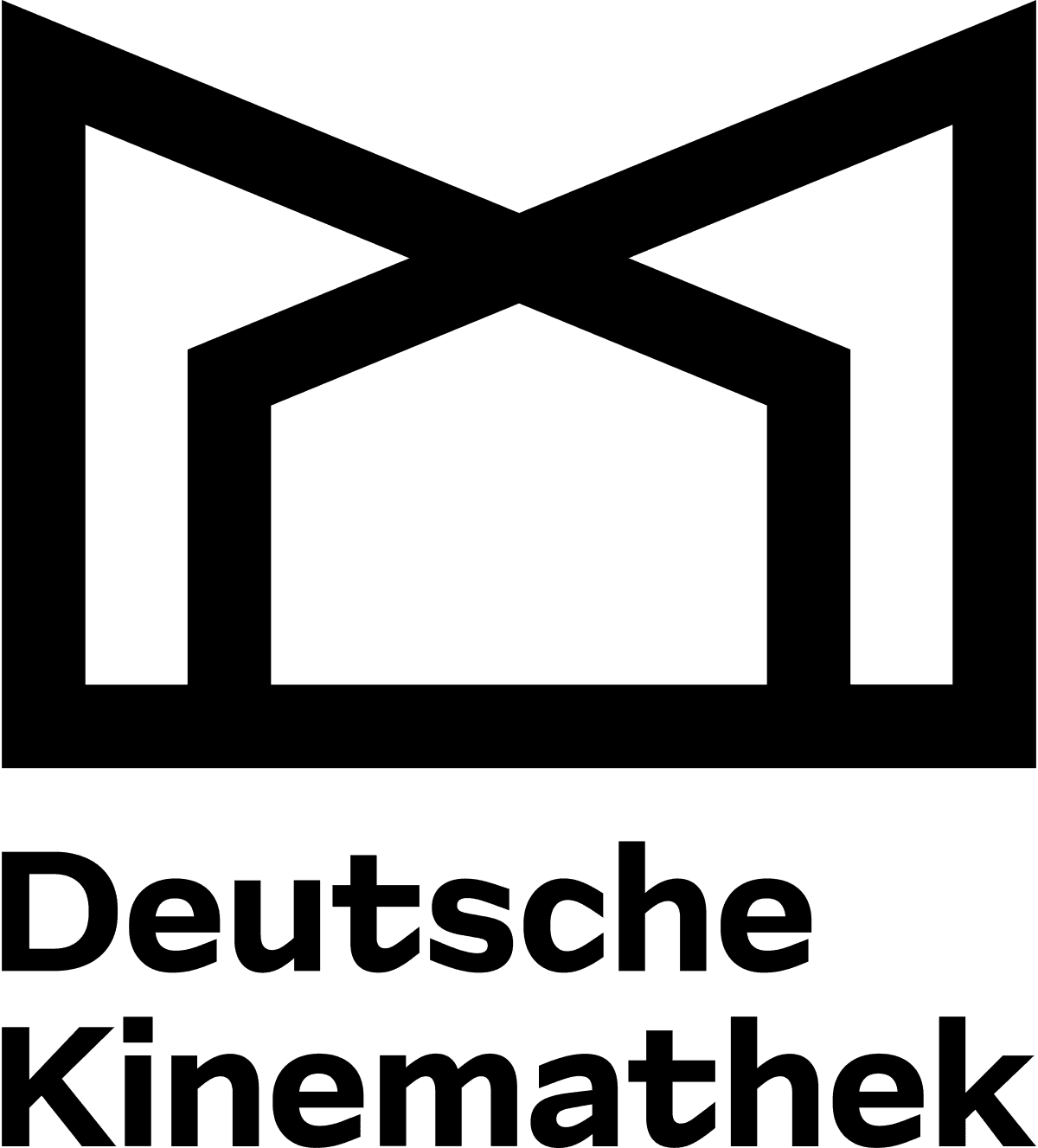

Deutsche Kinemathek
The
Deutsche Kinemathek – Museum for Film and Television
editThe Deutsche Kinemathek, founded on April 6, 1962, and officially opened on February 1, 1963, is a central German film archive and museum based in Berlin. The foundation is dedicated to the preservation, exploration, presentation, and mediation of the audiovisual heritage.
Key Products and Services
edit- Collections and Archives: The Kinemathek has extensive collections, including film material, screenplays, photos, posters, costumes, and architectural sketches. Notable collections include the estate of Marlene Dietrich, the archives of director Werner Herzog, and television documentarian Georg Stefan Troller[3].
- Media Library and Library: The media library provides access to over 13,000 broadcasts and one of the largest specialized libraries in Europe. Visitors can watch full-length films and television shows and browse valuable literature on film and television history[2][3].
- Exhibitions and Events: The Kinemathek regularly organizes special exhibitions, film historical retrospectives, and symposiums. A special role is played by the annual film historical retrospective and the Berlinale Classics as part of the International Film Festival Berlin[2][3].
- Educational Offerings: The museum offers diverse, inclusive, and target group-oriented educational programs to bring the medium of film and the German film heritage closer to a wide audience. This includes museum and archive educational offerings as well as digital mediation programs[5].
Mission and Values
editThe main mission of the Deutsche Kinemathek is the documentation, processing, and scientific as well as educational engagement with the history of film and television. It promotes film culture and the preservation of valuable film material. The Kinemathek is committed to preserving the audiovisual heritage and making it accessible to a broad public[1][2][3].
Sustainability Goals and Initiatives
editThe Deutsche Kinemathek is involved in national and international networks to promote the exchange of film copies and expertise. It is a member of the Fédération Internationale des Archives du Film (FIAF) and the German Kinemathekenverbund. These memberships underscore its commitment to the long-term preservation and mediation of film historical materials[1][2].
The Kinemathek is institutionally supported by the Federal Government Commissioner for Culture and the Media and through the economic stimulus program NEUSTART KULTUR, which supports its efforts for cultural participation and the promotion of film culture[2][3].
Through its inclusive educational offerings and the adaptation of its exhibitions and services to various needs (e.g., tactile tours and tours in sign language), the Kinemathek also focuses on social sustainability and accessibility[2][5].
Sources:
edit- 1 - https://de.wikipedia.org/wiki/Deutsche_Kinemathek
- 2 - https://www.deutsche-kinemathek.de/de/kinemathek/ueber-uns
- 3 - https://www.service.bund.de/Content/DE/DEBehoerden/D/Deutsche-Kinemathek-Museum-fuer-Film-und-Fernsehen/Deutsche-Kinemathek-Museum-fuer-Film-und-Fernsehen.html?nn=4641496
- 4 - https://www.deutsche-kinemathek.de/de/besuch/ausstellungen/filmkostueme-das-unternehmen-theaterkunst
- 5 - https://www.kubinaut.de/de/projektmachende/profile/institutionen-finden/deutsche-kinemathek-museum-fuer-film-und-fernsehen/